Substance Abuse Treatment in Washington State
Table of Contents

Medical Reviewer
Tracy Dantzler
Clinical Director/Administrator
Author - Ryan Chaffins
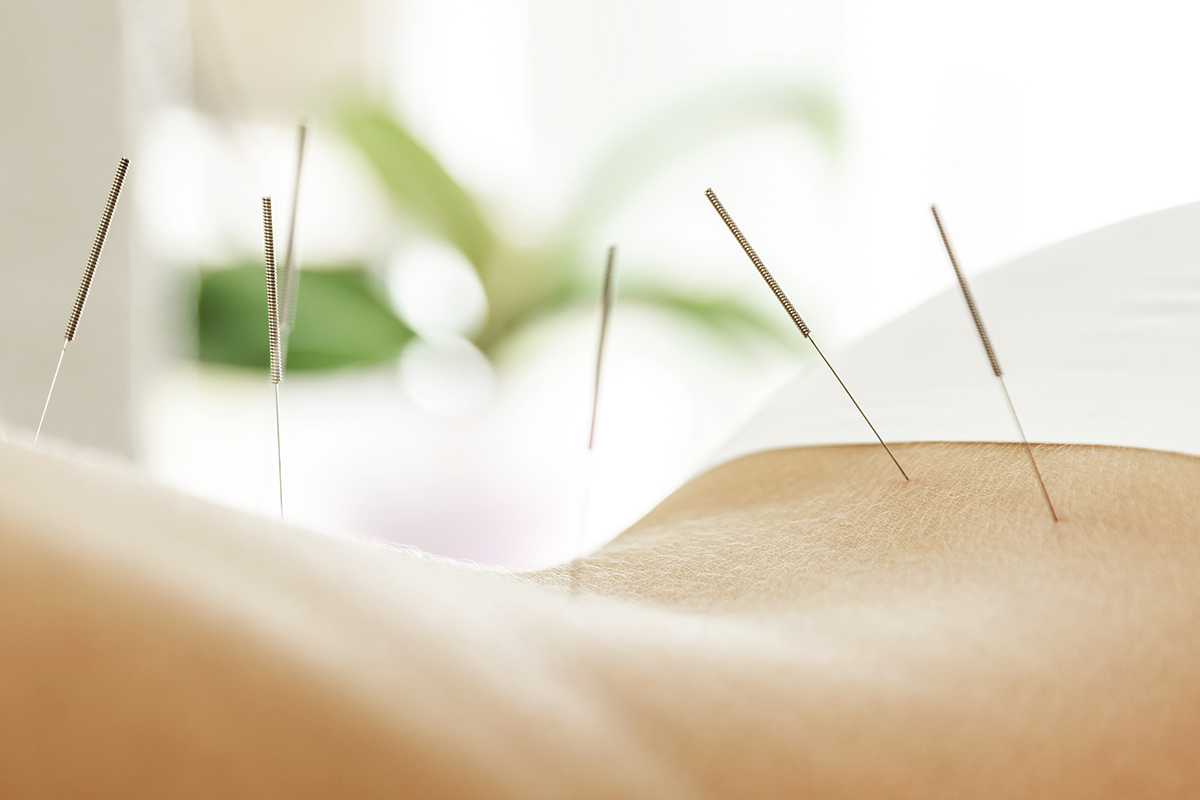
Acupuncture Therapy
RTR will be providing clients with acupuncture therapy education and therapy groups with a licensed Acupuncturist.
Acupuncture points are believed to stimulate the central nervous system releasing chemicals into the muscles, spinal cord, and brain. These chemical changes in the brain can stimulate the body’s natural healing abilities and help with physical and emotional well-being.
One of the primary challenges in addiction treatment is managing withdrawal symptoms during detoxification. Acupuncture has shown promise in alleviating withdrawal symptoms associated with various substances, including opioids, alcohol, nicotine, and illicit drugs. By targeting specific acupuncture points, practitioners can help mitigate withdrawal discomfort, facilitating a smoother detoxification process and increasing treatment retention rates.
As we know there are a lot of physical, emotional, and mental issues that arise when someone is newly detoxed from alcohol and other substances. Acupuncture therapy is proven to help alleviate some of those negative feelings and may assist individuals with some of the changes that occur in their bodies after removing the addictive substances.
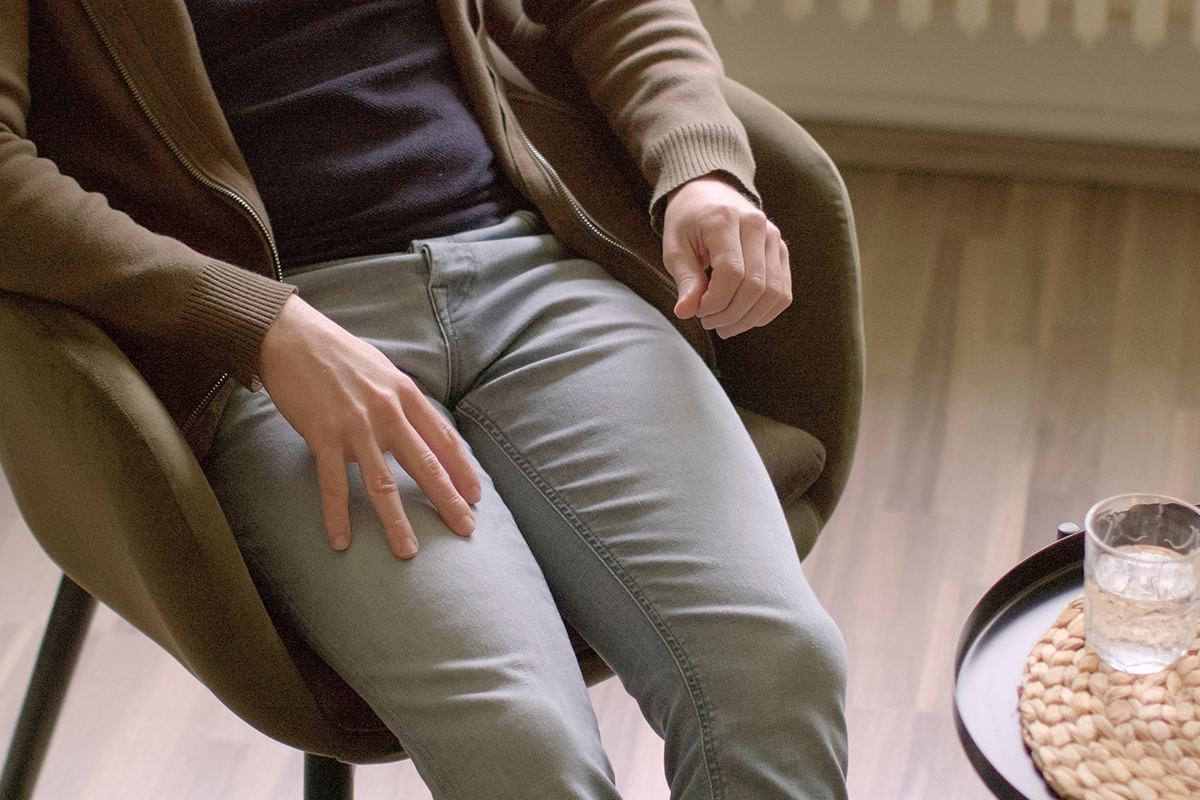
Relapse Prevention
Relapse Prevention is a crucial aspect of addiction treatment focusing on identifying triggers, developing coping strategies, and creating a supportive environment to minimize the risk of relapse. Clients at Rebuilt will go through extensive group and individual therapy to recognize and address warning signs that may cause relapse or lead to unhealthy behaviors associated with their past addiction.
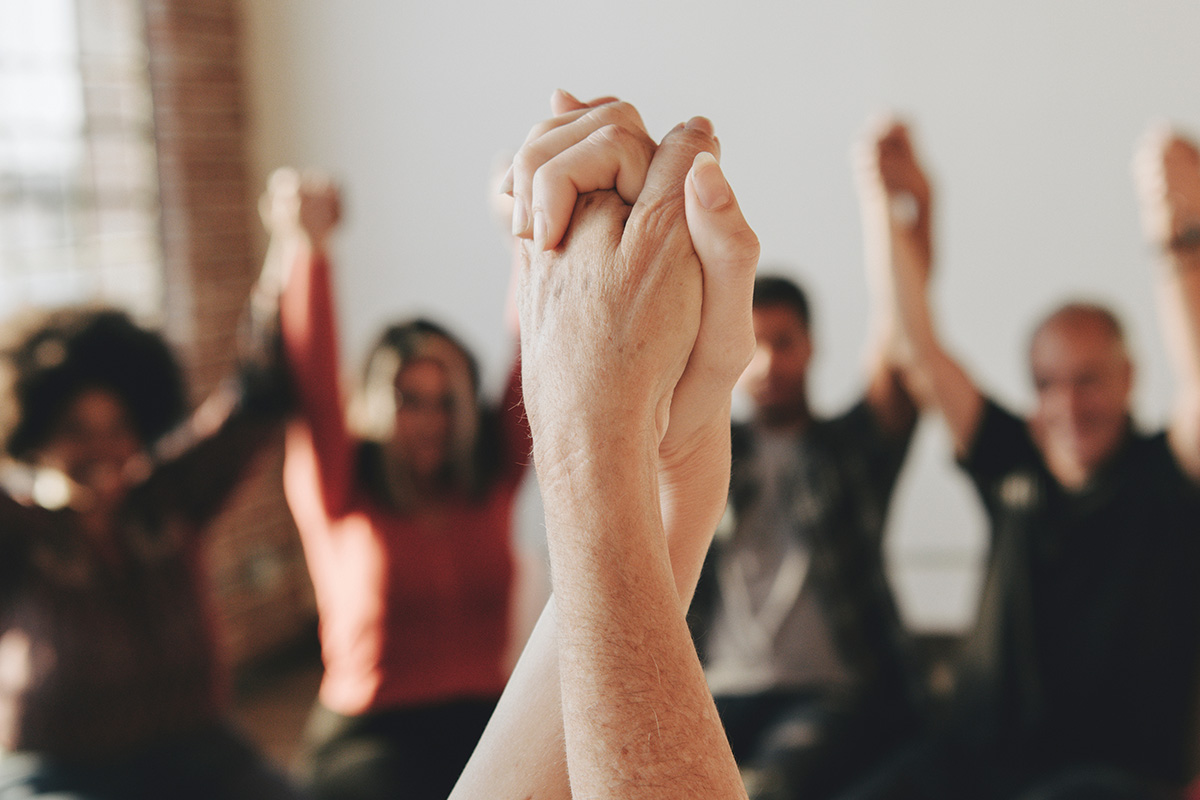
Life Skills
One of the many ways RTR will help clients with life skills is by teaching them how to communicate effectively and learning how to deal with thoughts and emotions in a healthy and beneficial way. RTR will also help teach individuals how to set goals small and big and accomplish those to build self-esteem and confidence in their Recovery journey.
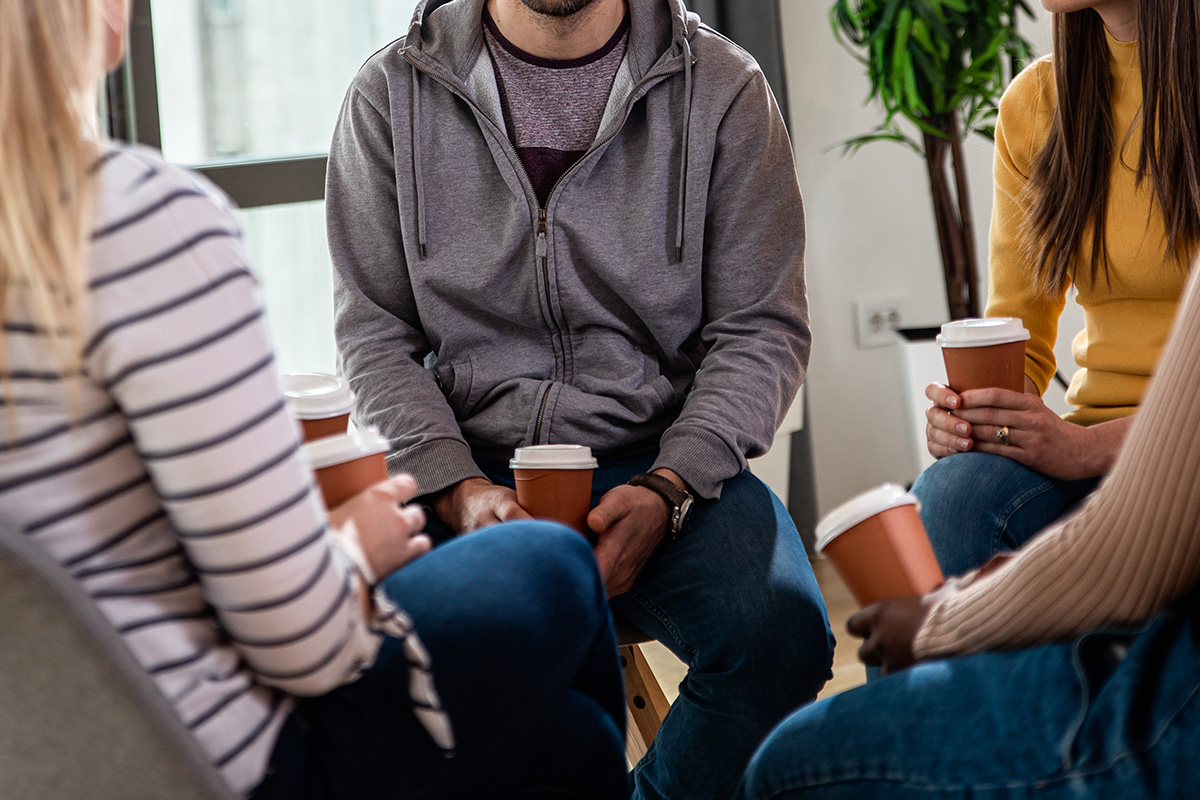
Psycho Education
Psycho education is the process of teaching clients about the nature of mental health disorders, including the progression, consequences, possible diagnosis, treatment, and alternatives.
At Rebuilt, staff will assist clients in understanding what the various mental health disorders are and what the various types of therapies are that can be used to help deal with those diagnoses.
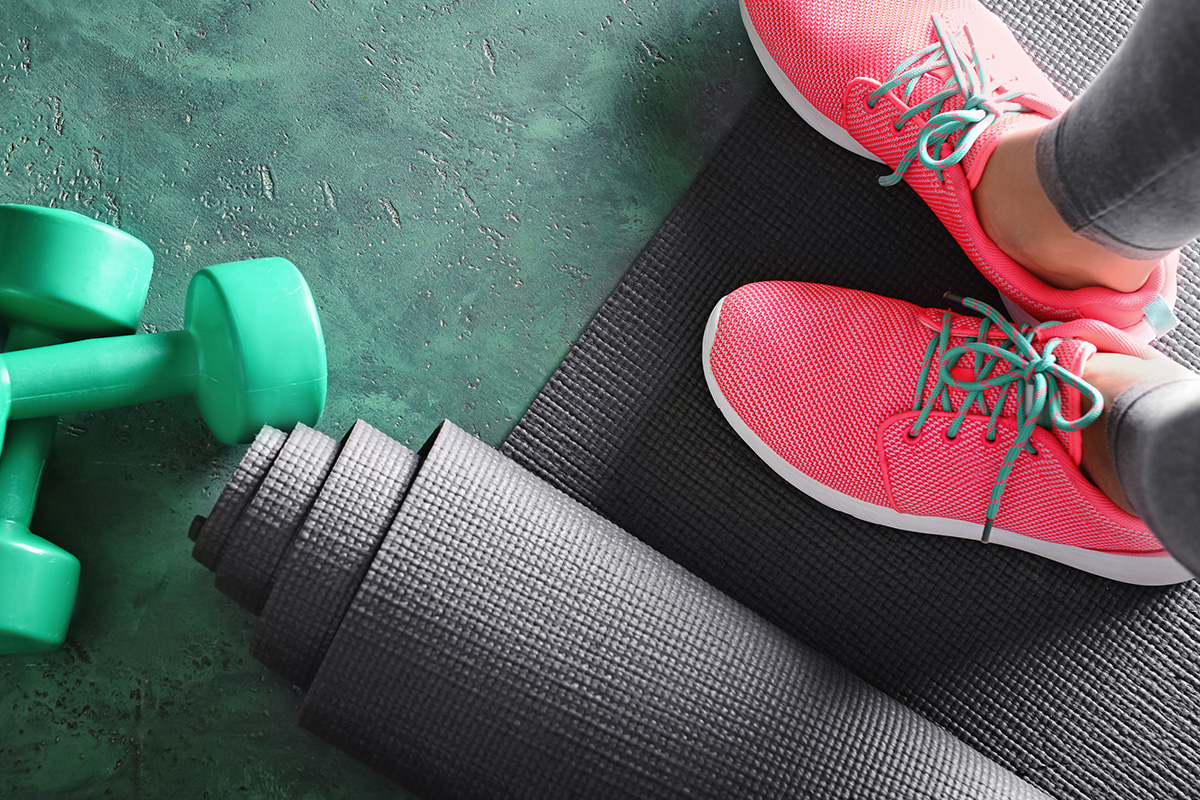
Wellness and Nutrition
Addressing Addiction involves more than just breaking the cycle of substance use: it requires a comprehensive approach that encompasses physical, mental, and emotional well-being.
Wellness and nutrition play a pivotal role in the treatment provided to our clients at Rebuilt Treatment and Recovery, and offering Clients the opportunity to rebuild their health and strengthen their recovery journey is an important piece of what is offered in our services.
As part of the treatment at Rebuilt Treatment and Recovery, A licensed nutritionist will provide counseling and education to all clients enrolled in services with RTR.
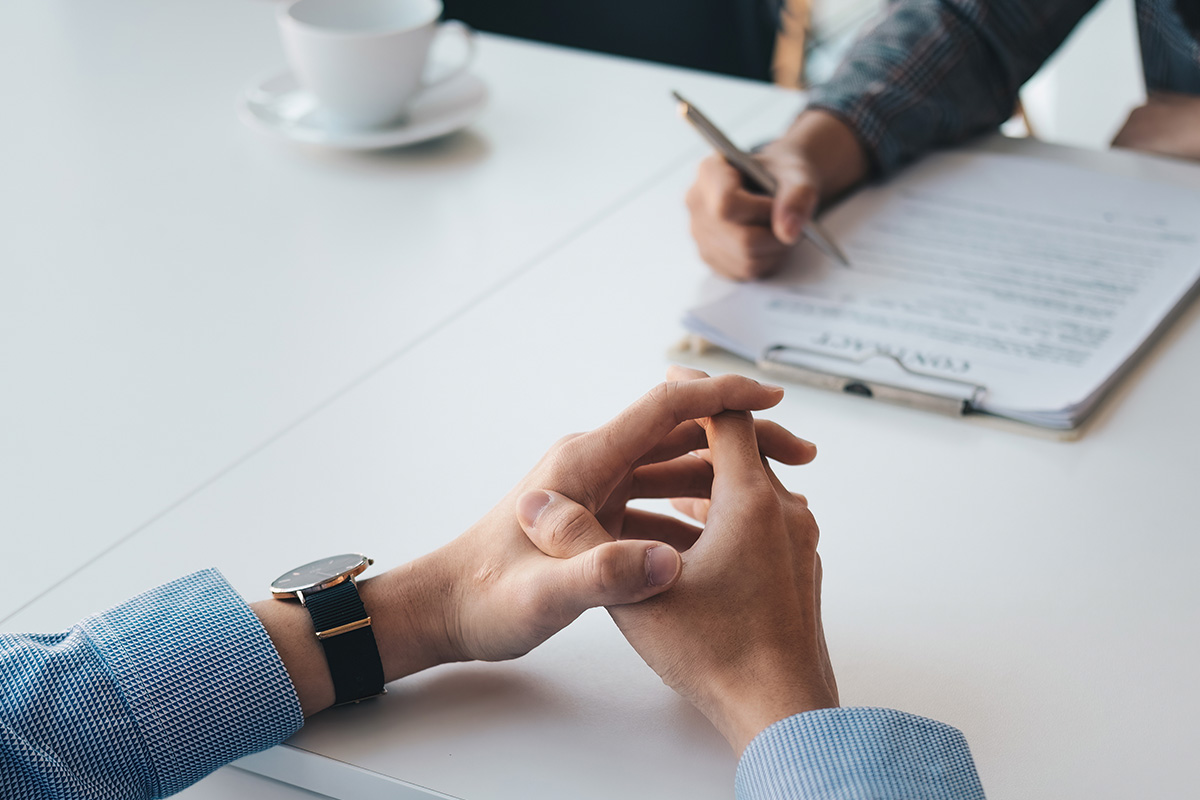
Employment/Resume Building
Rebuilt will provide Employment and Resume education groups as well as access during business hours to internet and computers located in the facility.
Clients will be encouraged to start applying for jobs and work if they are not already doing so as part of their individual treatment plan once their level of care and treatment commitment allows.
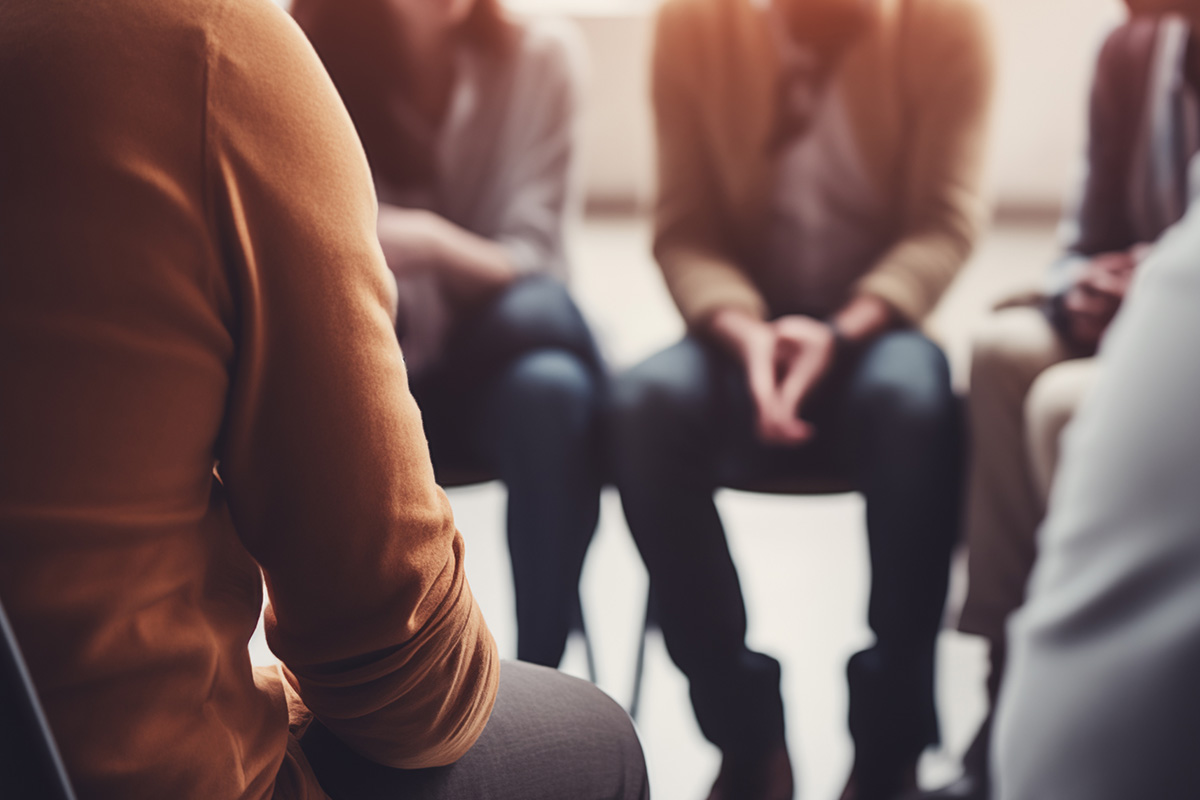
Process Groups
Process Groups are an essential component of treatment at Rebuilt Treatment and Recovery. Our group therapy sessions provide a supportive and therapeutic environment for individuals to explore their thoughts, feelings, and behaviors related to their substance use. Through open and honest discussion individuals can explore underlying issues, identify patterns of behavior, and help gain a deeper self-awareness within themselves.
Being a part of a process group at RTR allows feedback, perspective, and accountability from peers and helps challenge one another on negative beliefs and behaviors, while providing support and encouragement to make positive changes.
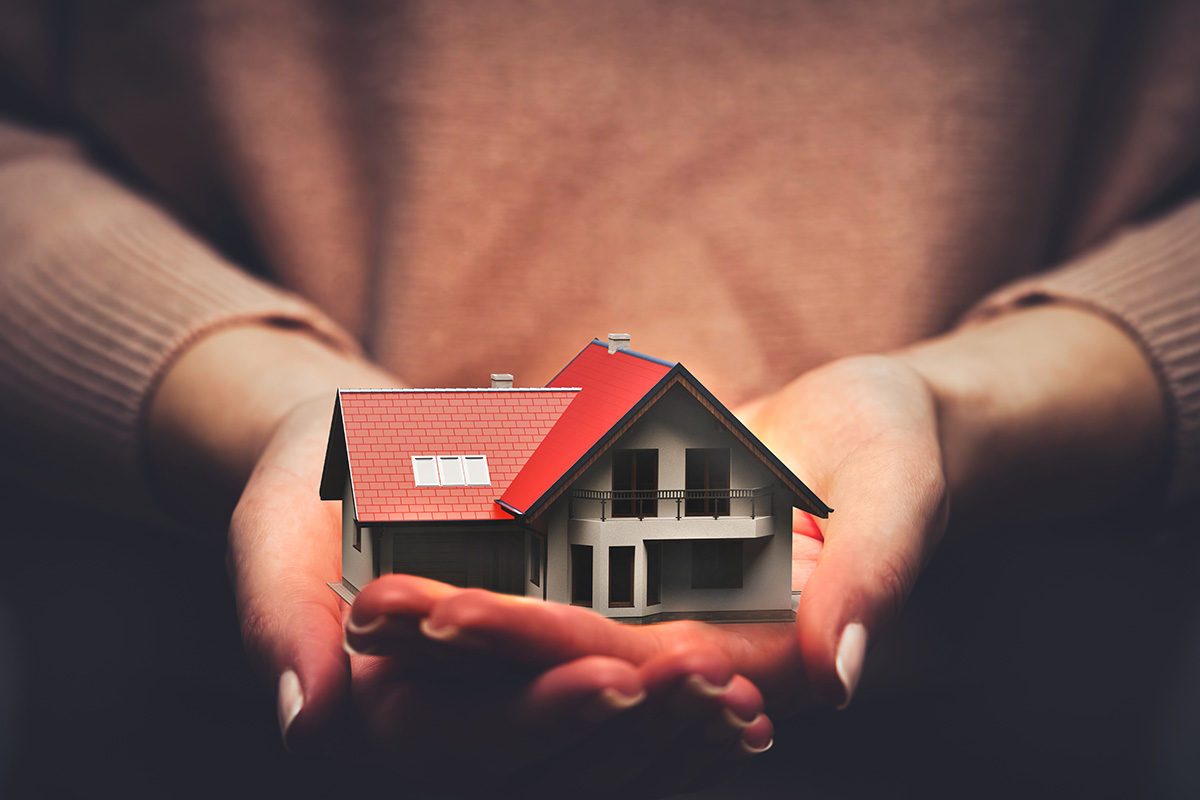
Housing & Aftercare
As we all know, aftercare plans, and an individual’s living situation can make or break someone’s progress in early recovery. Making sure that an individualized plan is put in place before graduating the RTR program is our number one priority. Our goal is to make sure that once treatment is completed with Rebuilt, that all our past clients have the best chances for success post treatment.
Clients will also be educated on the various types of sober living homes in their area and the benefits of aftercare programs such as Community Support meetings, individual and family therapy, support groups, etc. Clients will be encouraged to attend outside support groups outside of treatment commitments.
Our Substance Abuse Treatment Centers in Washington State
If you’re searching for substance abuse treatment centers in Washington State, Rebuilt Treatment offers a compassionate and personalized path to recovery. We understand that addiction is a deeply personal struggle that touches every aspect of life—from mental health and physical well-being to family and community relationships. That’s why our Washington-based programs are designed with the whole person in mind, combining evidence-based practices with holistic approaches to healing. Whether you’re just beginning your journey or looking for continued support, our team is dedicated to providing the guidance, tools, and therapeutic care you need to rebuild your life. With serene surroundings and a supportive environment, our treatment centers across Washington State create a foundation for lasting recovery and a future filled with hope and purpose.
